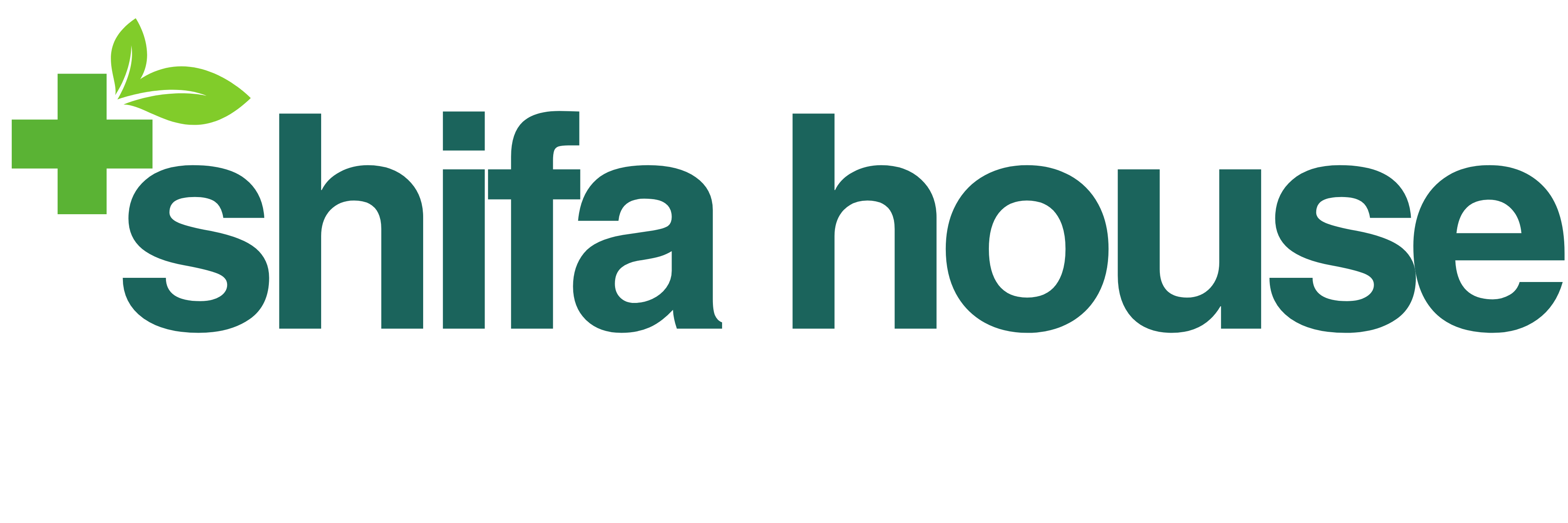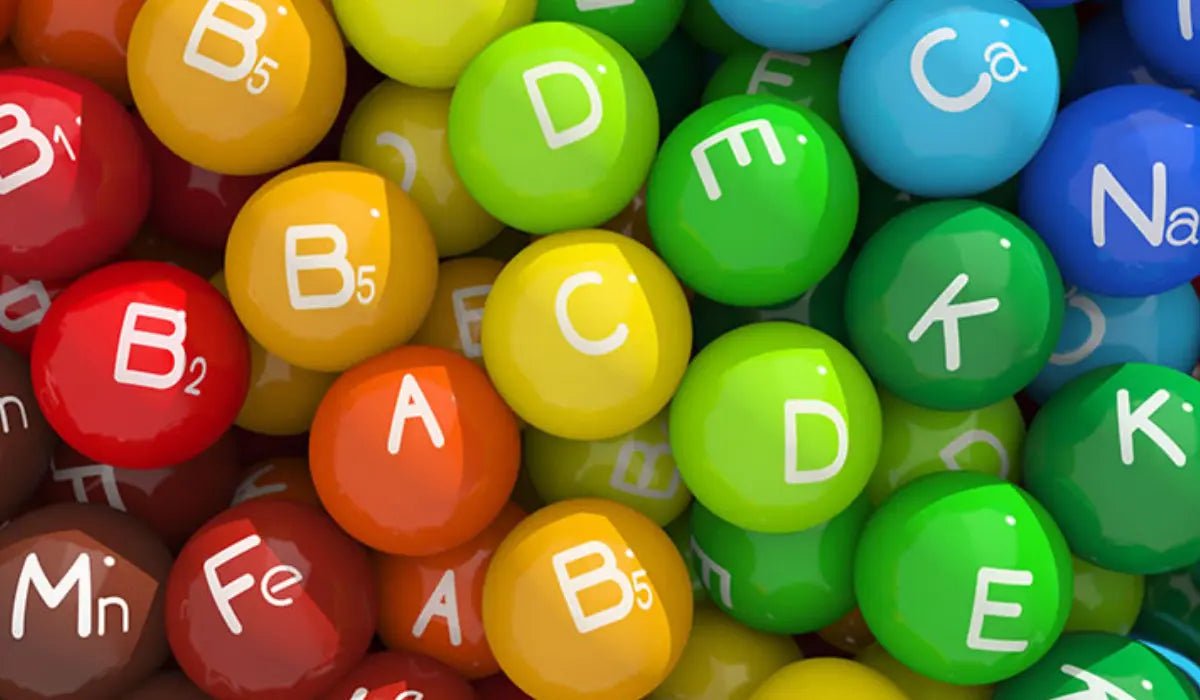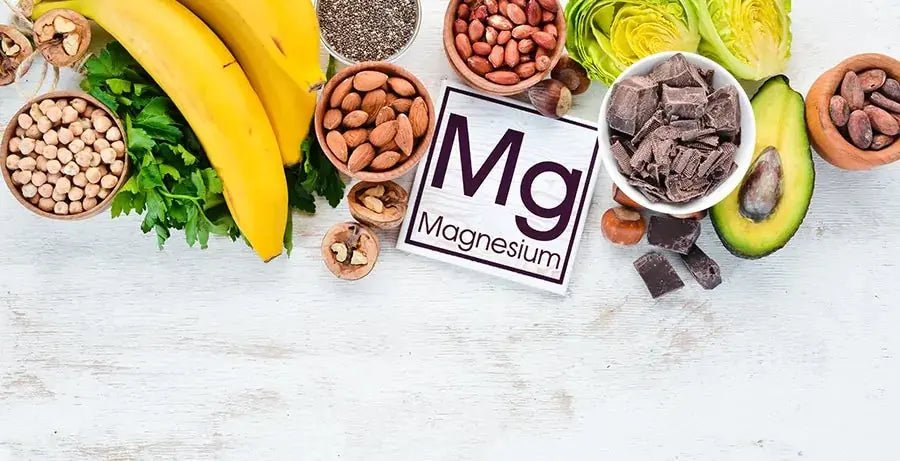🌱Which Vitamins Should We Use in Everyday Life?
Which Vitamins Should We Use in Everyday Life? - Maintaining a healthy lifestyle and ensuring that our body gets the nutrients it needs is crucial for daily well-being. However, due to factors like seasonal changes, dietary habits, or specific health conditions, it can sometimes be challenging to get an adequate amount of vitamins and minerals. In such cases, vitamin and mineral supplements can play an essential role. It's important to remember that everyone's daily vitamin needs may differ, so consulting with a healthcare professional before taking any supplements is recommended.
🍽️ The Role of a Balanced Diet in Health
Adopting a balanced diet is essential to staying healthy. A balanced diet ensures that the body receives all the necessary nutrients it requires and forms the foundation for a healthy lifestyle. However, there are instances when getting sufficient nutrition may be difficult, or certain vitamins and minerals may be deficient.
🛑 When Vitamin and Mineral Deficiencies Occur
For example, during the winter months, there may be a deficiency in Vitamin D due to limited sunlight exposure, or a person’s diet may lack adequate iron. In such cases, vitamin and mineral supplements can be used to help bridge the nutritional gap.
💊 The Importance of Daily Vitamin Intake
Daily vitamins usually come in the form of multivitamins, which contain a variety of essential vitamins and minerals. These supplements can be taken alongside basic nutrition and are often recommended by healthcare professionals or prescribed when needed.
🥦 Key Vitamins and Minerals for Daily Intake
Here are some vitamins and minerals that are especially important to be consumed daily:
-
🍊 Vitamin C: Vital for strengthening the immune system, supporting skin health, and its antioxidant effects. It can be found naturally in citrus fruits, kiwis, and green leafy vegetables or taken as a supplement.
-
☀️ Vitamin D: Crucial for bone health, Vitamin D is obtained through sunlight exposure. During winter or times of limited sun exposure, supplementation may be recommended.
-
🥩 Iron: It's important to get enough iron to prevent iron-deficiency anemia. Iron-rich foods include red meat, poultry, fish, dried fruits, and dark leafy greens.
-
🧠 Vitamin B12: Necessary for nerve system health and the production of red blood cells. Vegetarians or vegans may be at a higher risk of B12 deficiency, so supplementation may be required.
👩⚕️ Consulting a Healthcare Professional
While multivitamins are helpful for some, it's important to note that not everyone needs daily vitamin supplements. In fact, excessive intake of certain vitamins can be harmful. Those with a balanced diet may not need extra supplements, making it essential to consult with a healthcare professional before using vitamin and mineral supplements.
In summary, maintaining a balanced diet is crucial for health, and vitamin and mineral supplements can be helpful when deficiencies arise. However, it’s always best to seek professional advice before starting supplementation to ensure your unique needs are met.





Share:
Vitamin B Deficiency and Sleep
The Benefits of Vitamin C